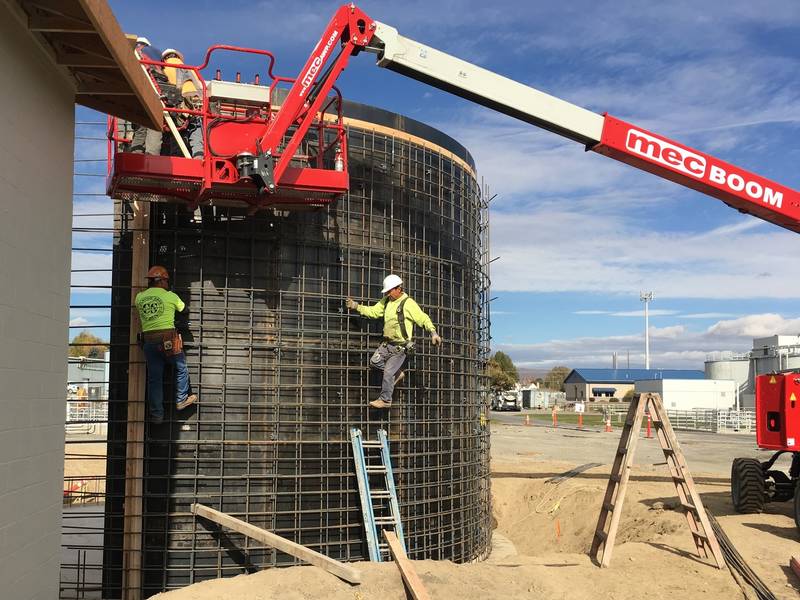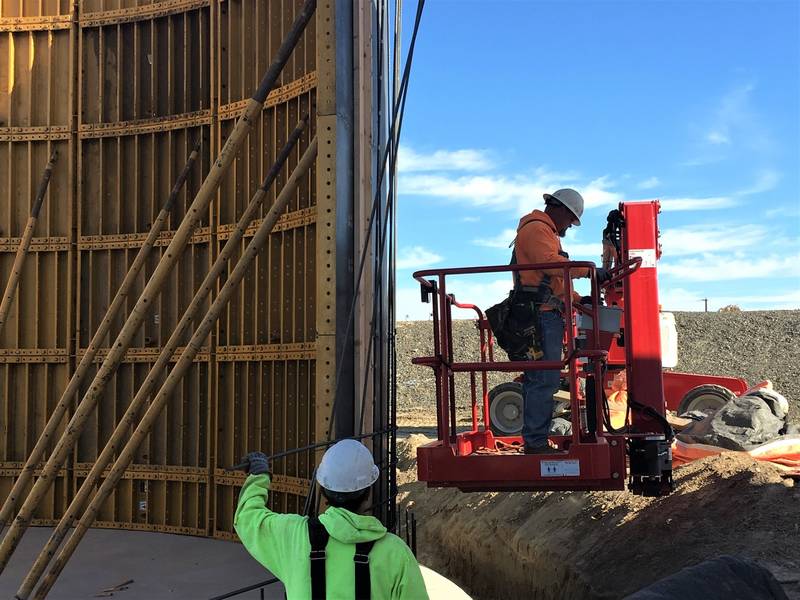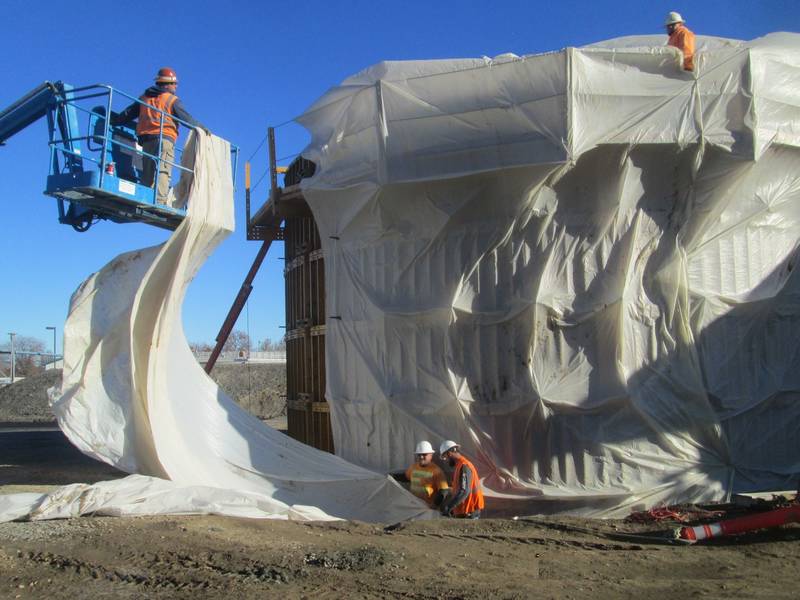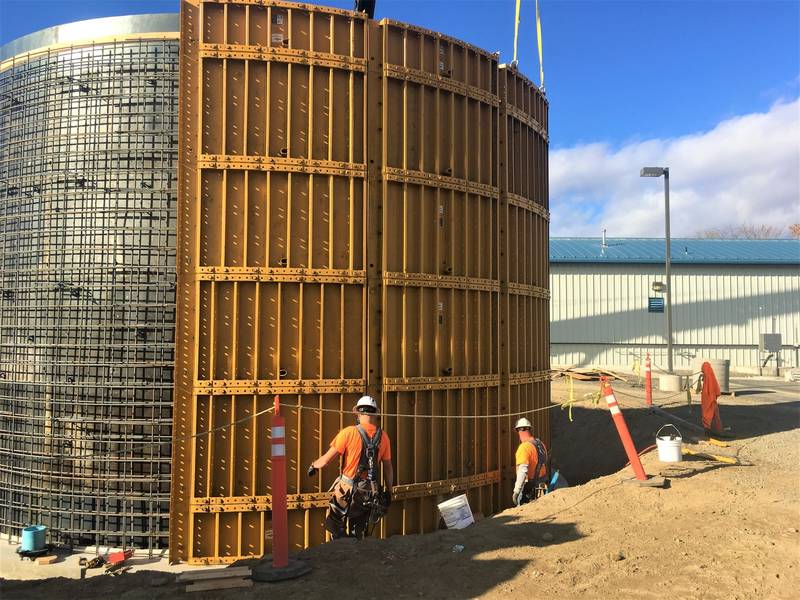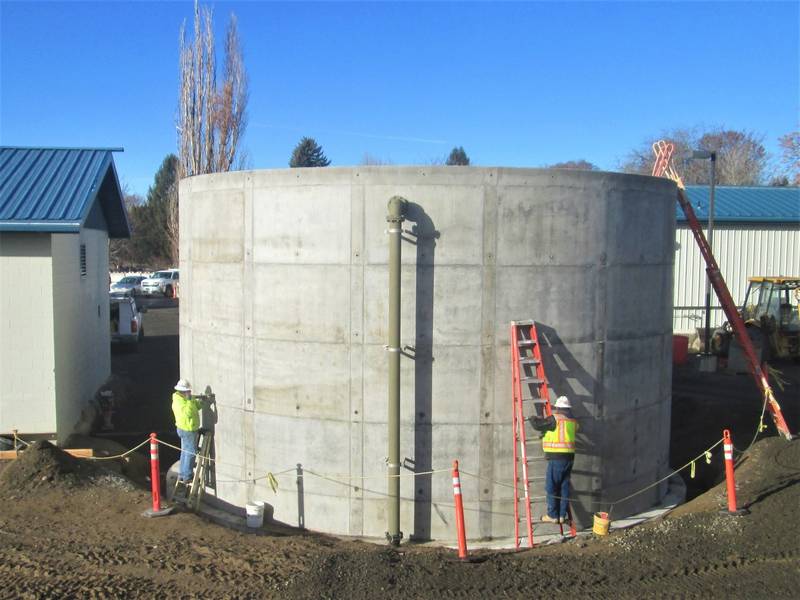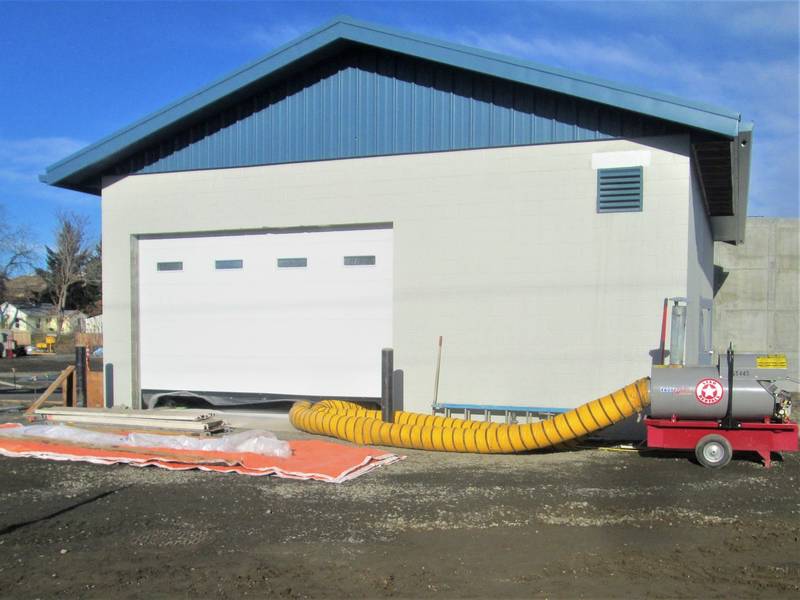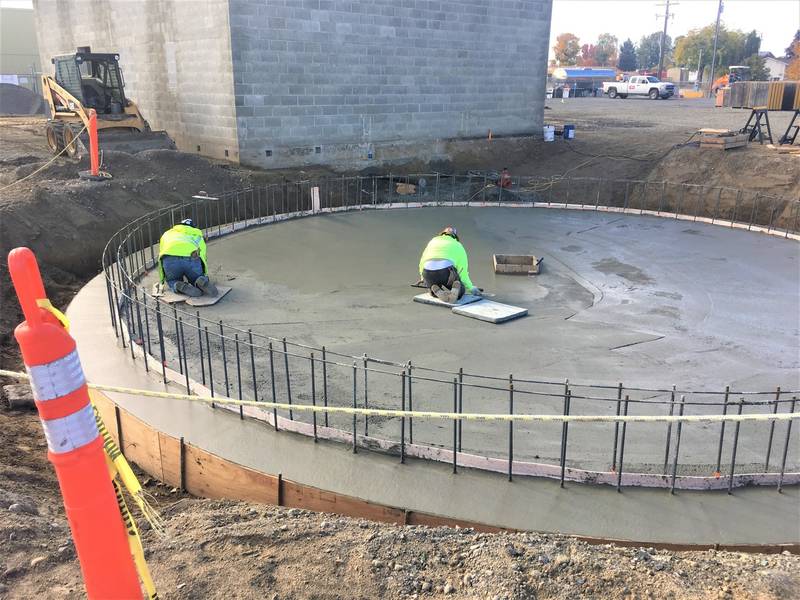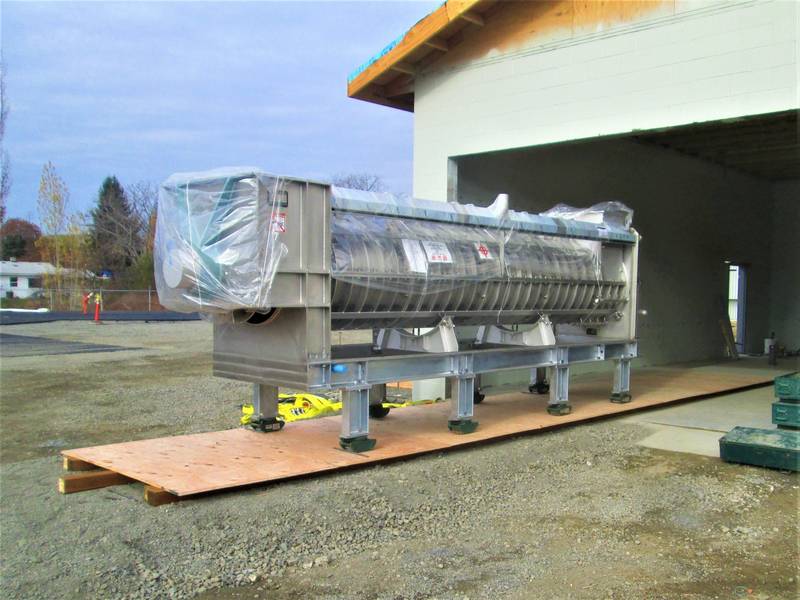Sunnyside - Sludge Dewatering
Sunnyside - Sludge Dewatering Improvements
The City of Sunnyside recognized the need to upgrade their biosolids treatment and disposal system to reduce operational costs, improve operational flexibility, and increase system capacity. Prior to completion of the sludge dewatering improvements, the City stored biosolids in a lagoon and the liquid sludge was hauled to nearby fields for land application. Disposal times were restricted by weather conditions and limited to twice a year when tilling occurred, requiring enough storage capacity to hold sludge for a long period of time. The City’s existing sludge storage lagoon was nearing capacity and upgrades were needed to address this deficiency.
HLA assisted the City with analysis of alternatives, improvement recommendations, project cost estimating, and budget review. Pilot studies were conducted to determine the feasibility of dewatering sludge from the existing lagoon and directly from the anaerobic digester.
Selected sludge dewatering improvements included a new screw press, polymer feed system, dewatered solids screw conveyor, sludge feed pumps, piping, sludge mixing/holding tank, electrical control system, and sludge storage and drying beds. An existing building was remodeled to house the new dewatering system equipment. Dewatering system improvements provided the ability to process sludge stored in the existing lagoon or directly from the anaerobic digesters.
HLA provided topographic survey, design plans and specifications, coordination with the Washington State Department of Ecology, bidding services, construction observation and administration, and project close-out. HLA provided two separate bid packages, allowing the City to pre-purchase the screw press equipment and accelerate project completion. The final building design was tailored to fit the successful bidder’s equipment layout, streamlining construction and installation plans.
Sources of Project Funding:
- City Sewer Reserve Funds
Total Project Cost:
$1,830,000
